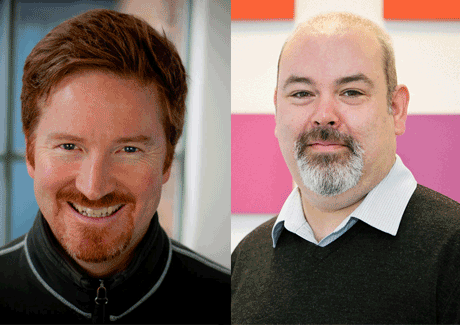Mondelez International, which owns brands including Cadbury, will increase its payment terms to 120 days from 1 July, while Procter & Gamble announced last month it was to extend the average wait from 45 days to 75 days.
The Marketing Agencies Association has been in talks with Department for Business, Innovation and Skills minister Michael Fallon – most recently on 7 May – around the issue of payment terms.
The MAA is set to raise the issue again when the minister launches Marketing 4 Start Up Britain week on 15 July, said MAA managing director Scott Knox.
"Last year the MAA raised the issue that clients moving payment terms up to 120 or even 150 days in some cases after project completion, is placing increasing pressures on agencies, especially when combined with an escalation of project-based work," added Knox.
"In France there is legislation that makes it illegal to pay small businesses after 30 days, so with Start Up Britain we are pushing for legislative change in this area. We all need to put pressure on the pedal together."
Meanwhile, the Institute of Practitioners in Advertising has told Campaign the problem of "cash-rich multinationals" taking up to 120 days to pay ad agencies to improve their balance sheets has put pressure on London shops.
Crispin Porter + Bogusky Europe counts Mondelez as one of its biggest clients. Darin Brown, the agency’s president, said: "I certainly do not fault these advertisers for their need to ensure they are remaining competitive. Many of these global businesses operate on razor thin margins and every little helps.
"But it did make me pause and ponder the question about the longer-term consequence this shift could have on the advertising industry and ultimately back to the long-term competitiveness of these very same advertisers.
"You see, there has been another recent trend: these very same advertisers have been moving away from the big agency networks, turning to smaller, more nimble creative boutiques. They say it is because they are looking for a creative edge, a fresh voice, to be more competitive.
"What happens when the creativity, entrepreneurialism, energy and nimbleness of a small agency collide with the economic challenges of running that very same small business. Can they survive? Do they go out of business or do they run into the arms of the big agency networks? The very same networks those clients had turned away from to begin with."
This article was first published on campaignlive.co.uk

